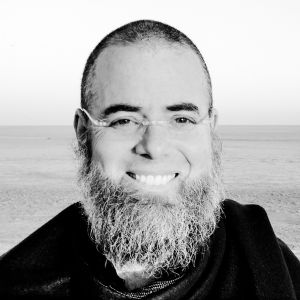Empowering Survivors to Become Healers
The Trauma Acupuncture First Responders program transforms survivors of trauma into community-based practitioners who deliver safe, effective auricular acupuncture for PTSD, anxiety, depression, and insomnia. Rooted in both Traditional Chinese Medicine and modern trauma science, this model equips communities with their own healers—breaking reliance on outside aid.
CORE PURPOSE:
To provide survivors with the skills, confidence, and certification to deliver ear acupuncture protocols in group or individual settings. This approach is low-cost, scalable, and trauma-informed, ensuring that healing is delivered by trusted members of the community.
Training Curriculum
Acupuncture Fundamentals
• Basics of TCM theory as it applies to ear acupuncture
• Acupuncture protocols for PTSD
• Point location skills
• Use of electrical point detection devices (Pointer Plus or equivalent)
• Clean Needle Technique and safe needle disposal practices
Trauma-Informed Care
• Recognizing signs of trauma and responding without re-traumatizing
• Creating safe, culturally sensitive healing environments
• Confidentiality, informed consent, and ethical practice in small communities
Operational Skills
• Setting up group treatment spaces with minimal equipment
• Patient flow management and triage in busy settings
• Charting and record-keeping (paper and digital systems)
• Scheduling and intake coordination
Training Competencies
Community Health Integration
• How acupuncture complements counseling, medical care, and nutrition
• Intake skills, basic first aid and referral guidelines
• Public health education to increase community participation
1. Online Modules — translated as needed, covering theory and safety.
2. Hands-On Apprenticeship — trainees shadow licensed acupuncturists in working RAHMA.clinic environments.
3. Competency Evaluation — assessment of technique, safety, and patient interaction.
4. Certification — granting permission to practice under supervision until competencies are met.
Why This Matters
In refugee camps and conflict zones, there are too few psychologists and medical providers for millions of displaced people. Training community-based Trauma Acupuncture First Responders bridges this gap, offering trauma care that is safe, culturally accepted, cost-effective and easy to perform with minimal training.
Locally, these same principles are applied in group sessions, veteran and first responder outreach, as well as community trauma recovery clinics. Internationally, they are replicated in refugee camps, where survivors of trauma become the healers of their own people.

